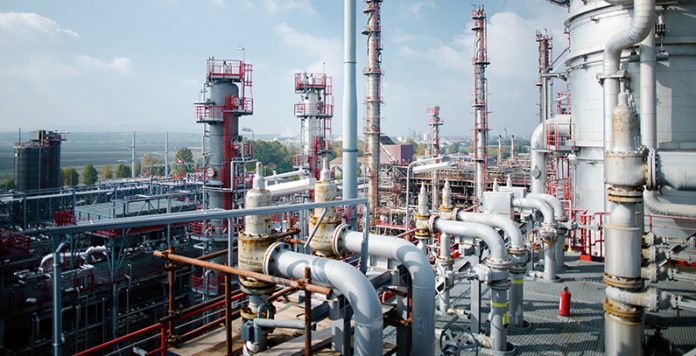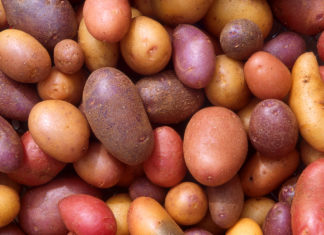ISLAMABAD: In a momentous move to lower the stock of circular debt, the government has successfully cleared pending dues amounting to Rs.142 billion for Independent Power Producers (IPPs).
According to sources in the power sector, the Central Power Purchasing Agency (CPPA) has disbursed Rs. 142 billion to Independent Power Producers (IPPs) to settle pending dues. They said that this proactive step of the government is expected to alleviate the burden of circular debt to some extent and will help to foster a more robust financial environment for the energy industry.
They said the disbursement of funds by the Central Power Purchasing Agency (CPPA) has ostensibly come in accordance with the International Monetary Fund’s (IMF) recommendations for reforms and progress within the energy sector. The recent staff-level agreement for the SBA facility worth $3 billion has further emphasized the importance of addressing circular debt and implementing necessary reforms, said sources.
The payment of dues to IPPs is part of the government’s efforts to alleviate the burden of circular debt and improve the financial health of the energy sector, they added.
Among the IPPs, Engro Powergen Thar Limited received Rs. 4.31 billion, National Power Parks Management Company Private Limited received Rs. 22 billion, China Power Hub Generation Company (Private) Limited received Rs. 9.21 billion, Karachi Nuclear Power Plant-Unit-2 received Rs. 8.75 billion, Port Qasim Electric Power Company Ltd. (PQEPC) received Rs. 8.32 billion. Payments were made to various other IPPs, including HUBC, NEL, TEL, LEL, NPL, LPL, KAPCO, ROUSCH, NCPL, EPQL, PKGP, and SPWL.
Sources were of the opinion that the disbursement of funds to IPPs will help reduce the stock of circular debt, which has been a persistent challenge for the energy sector.
The payment to IPPs is expected to provide some relief to the energy sector and improve the financial position of the companies involved. It will also have a positive impact on the overall stability and functioning of the power industry, said the sources.
Industry experts anticipate that the timely payment of dues will provide much-needed relief to IPPs, allowing them to meet their financial obligations and pursue further reforms within the energy sector.
According to the experts, these payments will enable IPPs to address their financial obligations and pave the way for further reforms in the energy sector.
The disbursement of funds to IPPs, including major players like Engro Powergen Thar Limited, National Power Parks Management Company Private Limited, and China Power Hub Generation Company (Private) Limited, signifies a step forward in the government’s efforts to streamline the energy sector and ensure its sustainability.
The disbursement of funds to IPPs also plays a crucial role in reducing the stock of circular debt, which has remained a persistent challenge for the energy sector. By addressing these outstanding dues, the government aims to enhance the overall stability and functioning of the power industry, creating a more conducive environment for sustained growth and development, said experts.
Stakeholders have applauded the government’s commitment to resolving circular debt issues and implementing necessary measures to ensure the sector’s sustainability.
The government’s proactive approach sets a positive precedent, signaling its dedication to addressing key challenges and fostering a sustainable energy ecosystem in the country, said stakeholder.
While this significant step towards financial stability is noteworthy, continuous efforts and reforms will be crucial to maintain the progress achieved and create a more financially stable and efficient energy sector in Pakistan.
























Great!
Very interesting info !Perfect just what I was looking for!
This blog post is awesome. The material on your website proved to be quite useful to us.
very good post I love this amazing site keep it up
Looking forward to reading more. Great blog.Much thanks again. Fantastic.